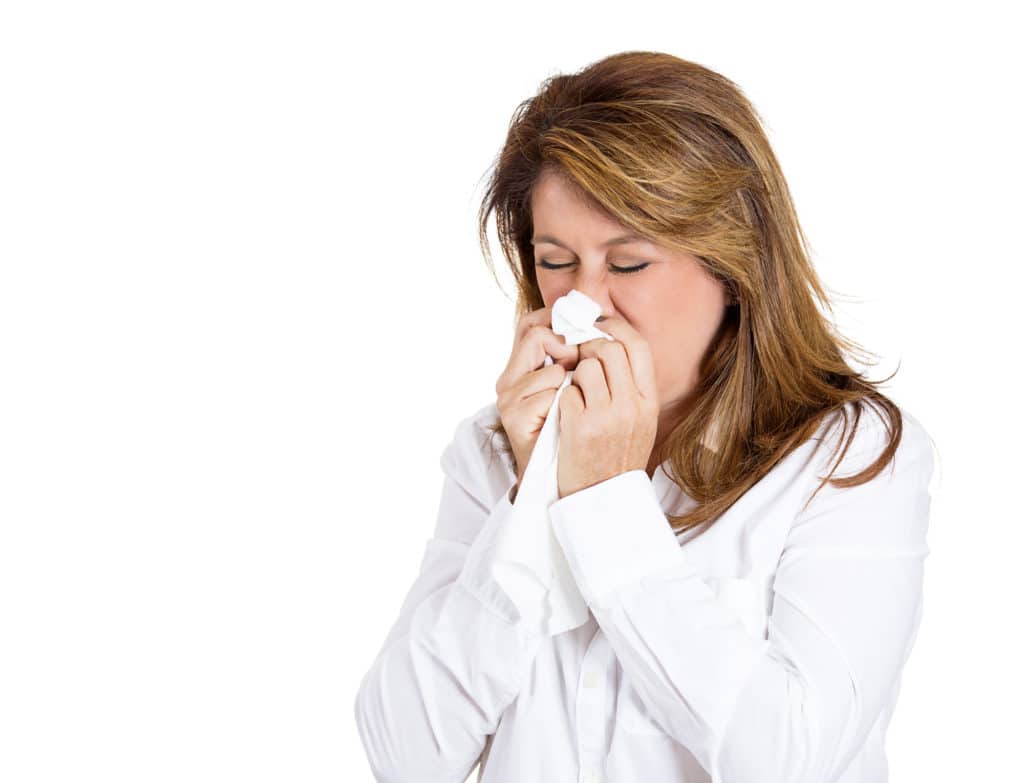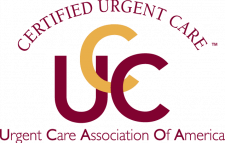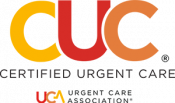Your nose is a vital passageway to the rest of your body. When your nasal passages suffer from a cold or allergies, germs and bacteria build-up to cause an infection. The infection is called sinusitis, and it’s one of the most common health complaints in America.
What is sinusitis, and can it be treated at my local urgent care facility? The answer is yes. Let’s explore what a sinus infection looks like, and how urgent care can help your body heal.
What Is Sinusitis?
When your sinuses are healthy, they are filled with air. Sinusitis occurs when the tissues lining your sinuses become inflamed and filled with fluid. This causes a sinus infection.
Around 30 million Americans, which equals 12 percent of the population, are diagnosed with sinusitis every year. Most cases of sinusitis are caused by:
- The common cold
- Nasal polyps (small growths along your nose’s lining)
- Blocked drain ducts
- Deviated septum
- Poor immune health
Sinusitis can also occur in children. Young ones can contract the illness due to allergies, unhygienic pacifiers, second-hand smoke, or from other children.
Sinusitis symptoms start similar to that of a cold. A person will experience a runny or stuffy nose. He or she may also have a cough, fever, and fatigue.
As the condition gets worse, the symptoms get more severe. Sinusitis causes thick yellow or green mucus, bad breath, and strong headaches. A person will experience intense pressure around their eyes and cheekbones.
How Can Urgent Care Treat My Sinusitis?
You should seek professional medical attention once your sinusitis symptoms become intolerable or last for over a week.
The medical professionals at your local urgent care will first evaluate your symptoms to determine the severity of your sinus infection. Allergies and a weak immune system can make the sinus infection worse and require more powerful treatments.
Next, your doctor will diagnose you with acute or chronic sinusitis.
Acute sinusitis is a short-term inflammation of the membranes that line your nose and the surrounding sinuses. It’s most commonly caused by a cold that became a sinus infection.
Chronic sinusitis is a long-term infection. It may last over twelve weeks, and while a patient may seek treatment, the sinus infections continue to reappear. Chronic sinusitis calls for more intense treatments and, in some cases, surgery.
Once your doctor completes the evaluation, he or she will prescribe antibiotics. The antibiotics attack the bacteria causing the sinus infection. Your doctor will review the specific details of when to take your antibiotics and the restrictions that come with them.
For most sinusitis cases, the antibiotics work wonders and eliminate the disease. If you do not find relief or your symptoms return, check back in with your UrgentCare doctor to discuss alternative treatments.
Can I Prevent Sinusitis?
The best way to treat sinusitis is by never letting an infection develop. The main culprit of a sinus infection is swollen nasal passages due to the common cold.
If you’re under the weather, focus on promoting drainage and keeping your nasal passages clear to prevent a sinus infection from forming. How can you do that? Try following these sinusitis prevention tips:
- Drink lots of water to keep mucus thin and loose
- Run water gently down your nasal passages to keep the membrane moist
- Use a humidifier in your home to decrease dry air
- Sleep with your head elevated
- Take a steamy shower to hydrate your nasal passages
Above all, keep your immune system in tip-top shape to prevent sinus infections. A strong immune system is supported by Vitamin C, plenty of rest, and healthy amounts of water. The stronger your immune system, the less likely your common cold will turn into sinusitis.
Visit Your Local Urgent Care
If your common cold has turned into a painful sinus infection, let the experienced medical professionals at your local urgent care handle it. Our expert team will inspect your symptoms and get you the right antibiotics to get rid of sinusitis once and for all.
Click here to learn more about urgent care and how we can help keep you healthy.




